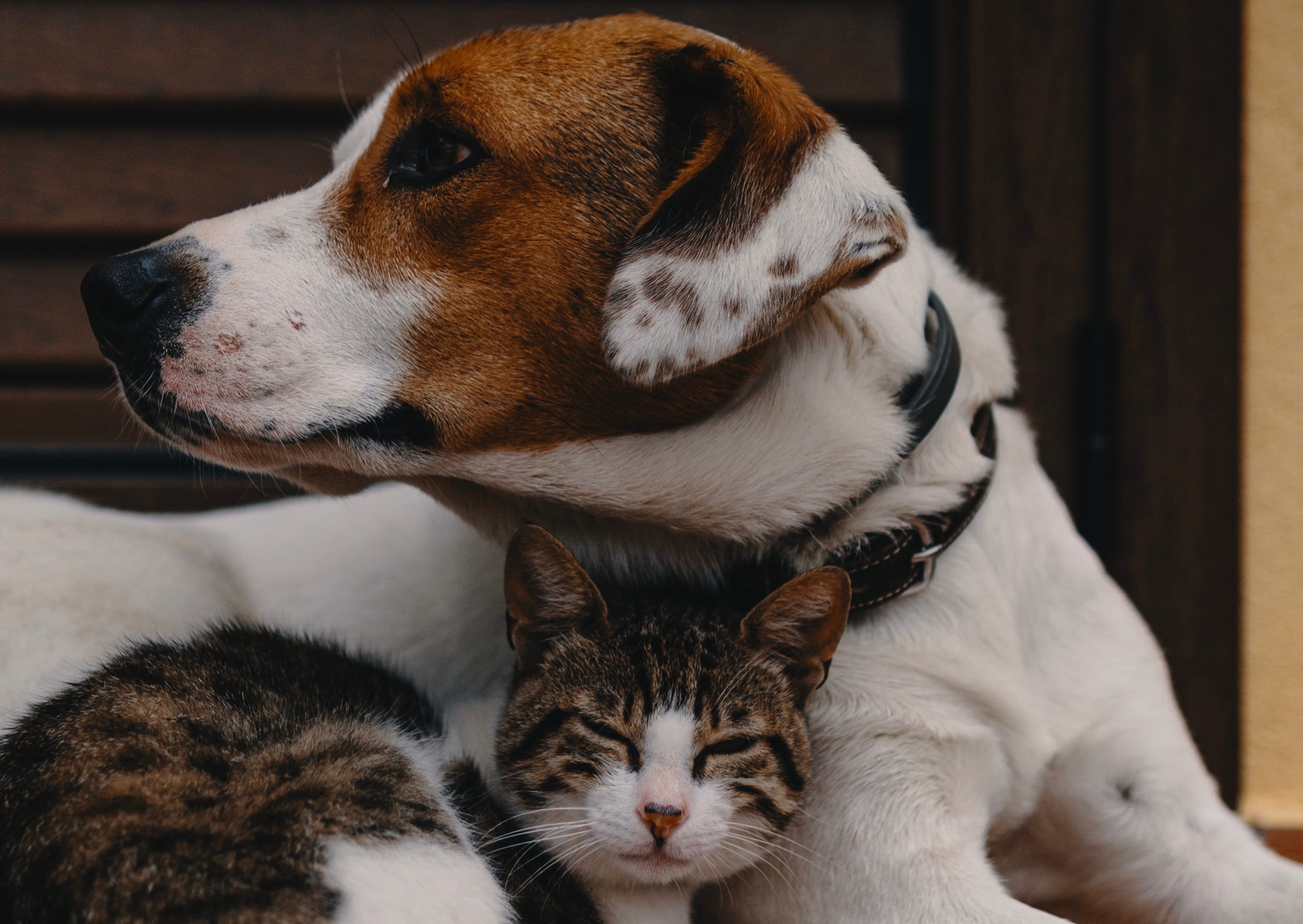
I know the usual reasoning in favor of dogs: cats are vicious, little tyrants while dogs are loyal friends. I’ve even heard people say that dogs love unconditionally. I agree with this reasoning. Really, I do—and still prefer cats.
Cat-people versus dog-people. What does this light-hearted divide among us have to do with Jesus? Well, literally nothing; but if you’ll indulge in a little silliness, then something serious.
Without the slightest hint of exaggeration, here’s why I agree with the argument for dogs but don’t want one. I don’t want a canine because they are unceasing lovers. The burden of a thousand kisses is too much to bear. I don’t want to give up my time and energy to enjoy what insistently enjoys me. You ask, doesn’t such an affection feel good? It feels dangerously good. A love that fierce will compel me outside on a bitter, below-zero night for doggie duty. It tolerates the sharp barks that stab the ear canals at every passing ambulance or mailman. Bring on the indifferent cats, please.
In other words, unconditional love is demanding. It’s true of a dog, and—more seriously—it’s true of God. Don’t be ridiculous; I’m not suggesting that God is our pet. But tell me that the love of God doesn’t require sacrifice. Tell me that God’s love doesn’t demand the willingness to lose everything and, in fact, does take quite a lot. Yes, the gift of freedom will take freedom from you.
Of course, we must admit that any “freedoms” given up to enjoy a pet will never rise beyond inconveniences. The love of Jesus is severe. It severs us from wicked pleasures and privileges; from any authority to determine right or wrong for ourselves; from worldly comforts; from any braggadocio or self-vindication; and, for some, from any more breath in the lungs.
Estimation is a crucial exercise for deciding whether to have a dog or cat and to a serious consideration of discipleship. We figure the real or imagined costs of a decision so that we can judge whether the gain is worth them. In the case of my cat, I commit to having food, water, clean litter, and a few toys present somewhere in our house. In return, I have free and optional entertainment. I watch him stalk and pounce on a fly, or I do not watch—whatever I want. There is nothing wrong with my preference for an inferior, contractual coexistence with a Calico over friendship with a faithful dog.
Anything lesser than absolute devotion to Jesus, however, is a rejection of the freedom most worth having. In the grand scheme, the losses of discipleship are love offerings. The costs are wise investments. When we lose sin, we gain true agency and freedom from sin’s abuse. If we lose our bodies, we do not lose our life, and we get a better body back.
This is a wonderful mystery of Christianity. God gives us freedom, and we find joy in returning it.

